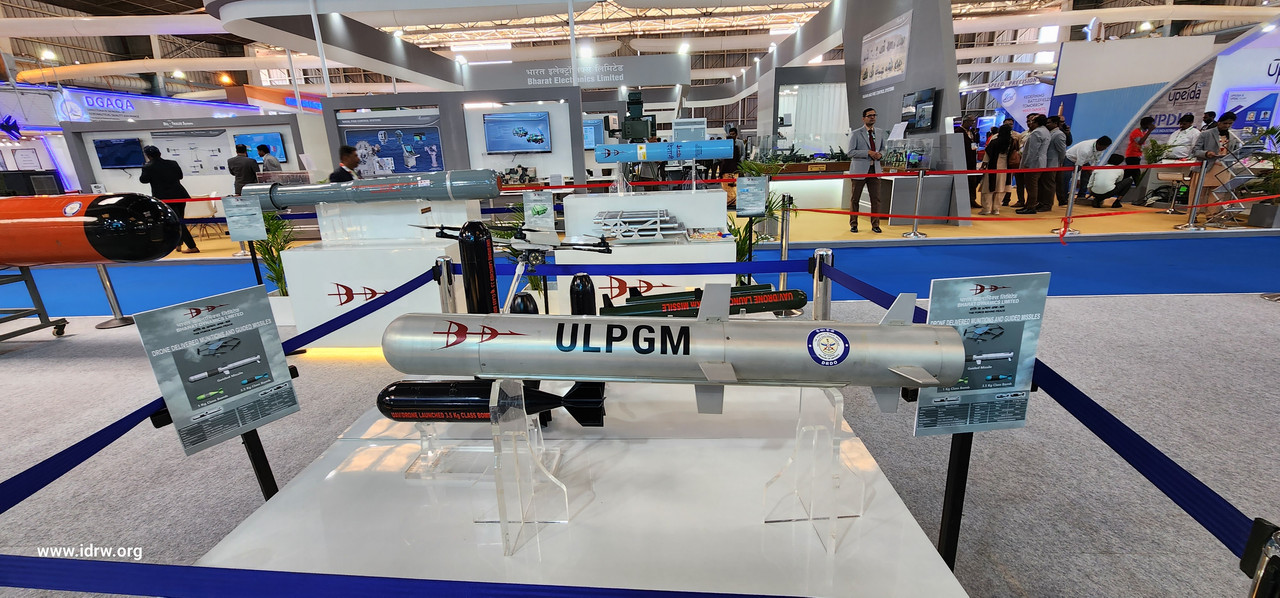SOURCE: RAUNAK KUNDE / NEWS BEAT / IDRW.ORG

India and Tanzania are stepping up their military cooperation, with a recent visit by Tanzanian Chief of Defence Forces, General Jacob John Mkunda, laying the groundwork for exploring a range of defence opportunities. The potential collaboration holds significant implications for both nations and the wider East African region.
While weaponry is at the forefront of the discussions, the potential for collaboration extends beyond mere hardware sales. India has expressed interest in sharing its expertise in training, maintenance, and technology transfer, fostering a deeper understanding and partnership between the two military establishments.
This burgeoning defence cooperation aligns with both countries’ strategic interests. India seeks to expand its military footprint in Africa, while Tanzania desires to modernize its armed forces and diversify its military suppliers. Additionally, the shared concern over maritime security and piracy in the Indian Ocean could serve as a strong foundation for joint initiatives.
Despite the promising outlook, hurdles remain. Financing such acquisitions and integrating Indian weaponry into Tanzania’s existing military infrastructure will require careful planning and resource allocation. Additionally, the geopolitical landscape, with its competing interests and alliances, could impact the trajectory of this developing partnership.
India has put forward an array of its military hardware for Tanzania’s consideration, including:
- Anti-Tank Guided Missiles: These precision weapons, designed to destroy armoured vehicles, could significantly bolster Tanzania’s ground combat capabilities.
- Surface-to-Air Missiles: Enhancing Tanzania’s air defence systems with these missiles would strengthen its ability to counter aerial threats.
- Underwater Weapons: With a long coastline and maritime interests, Tanzania might find Indian-made underwater weaponry, including torpedoes and mines, strategically valuable.
- Counter Measure Dispensing Systems: These systems, which deploy decoys and other countermeasures to confuse and deflect enemy attacks, could improve the survivability of Tanzanian military assets.
- Drone-Delivered Bombs and Missiles: As drone technology continues to evolve, India’s offerings in this domain could provide Tanzania with a cost-effective and versatile way to expand its offensive capabilities.
NOTE : Article cannot be reproduced without written permission of idrw.org in any form even for YouTube Videos to avoid Copy right strikes. Websites doing illegal reproductions will get DCMA and Legal Notices.